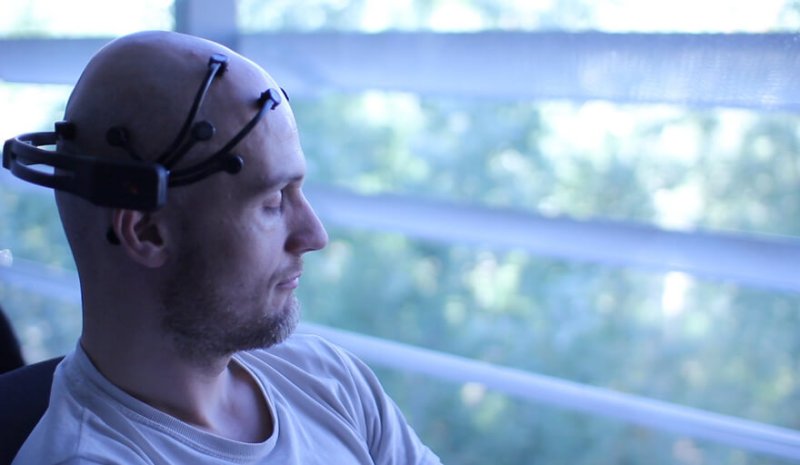…
“Consumers and the public deserve to have messages be as clear as possible when it comes to their brains and brain data,” said Judy Illes, a neurologist and neuroethics professor at the University of British Columbia. Illes and her colleagues published a paper [May 22] in Neuron examining the claims made about brain stimulation and recording devices sold directly to consumers.
…
In many cases, there isn’t strong evidence to support the claims. Marketing materials for just eight of the 41 devices that Illes and her colleagues examined included a link to a relevant, peer-reviewed research paper. Of the rest, 29 had links to general research or explanations of scientific concepts that weren’t specific to their products. Other companies linked to user testimonials or in-house research. That lack of clear, independent analysis can make it difficult for potential users to know exactly what they’re getting with a given device.
Read full, original post: ‘A cavalier approach’: Experts urge the companies behind brain wearables to rein in their claims































